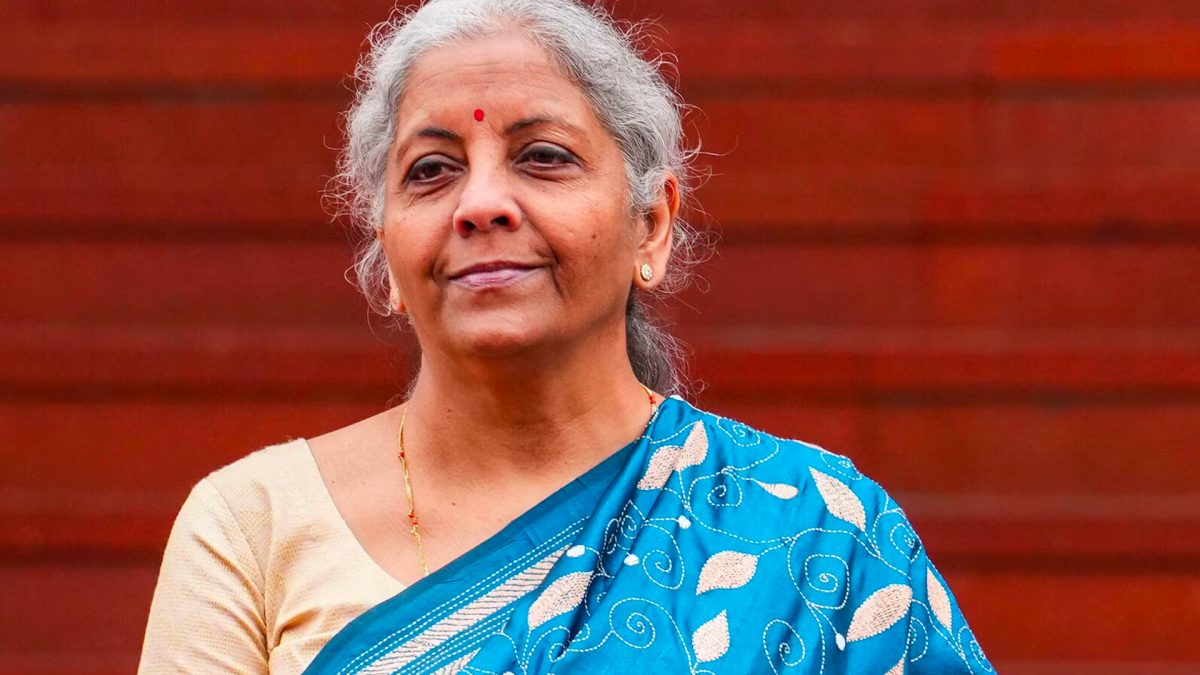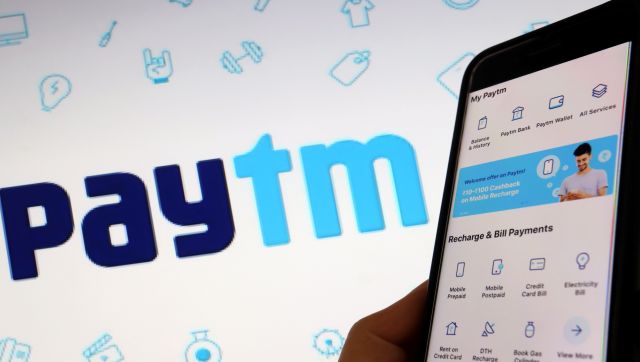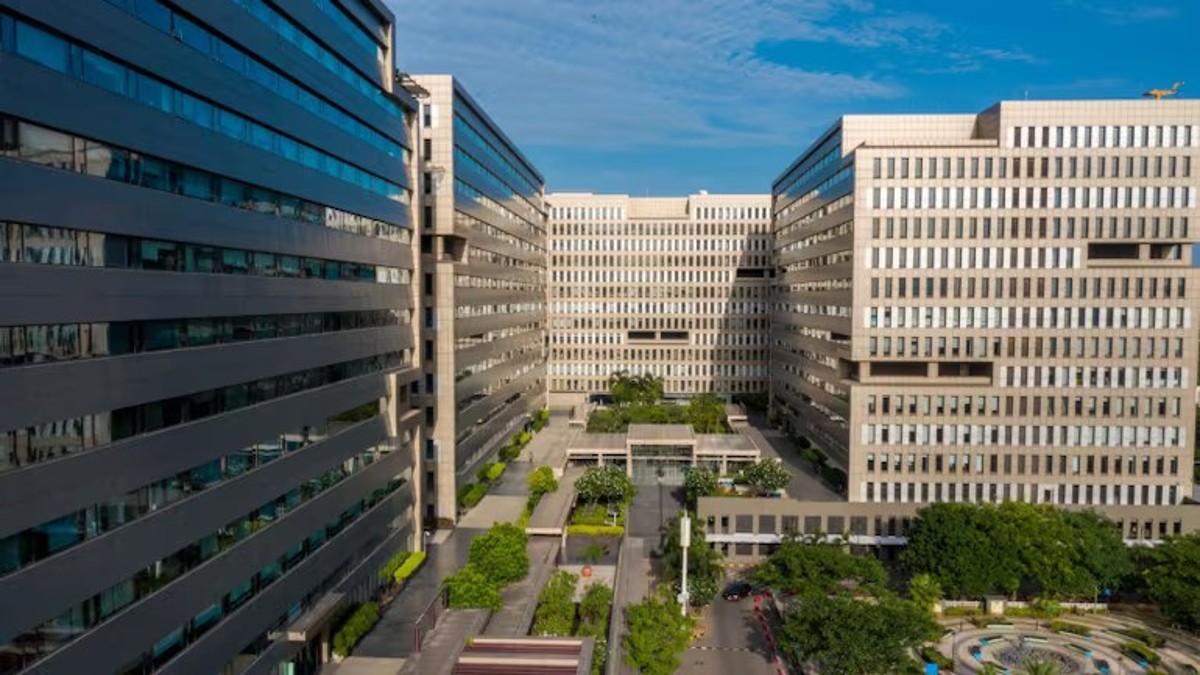Reserve Bank of India (RBI) Governor Duvvuri Subbarao has given his rate cut, but P Chidambaram cannot count of a continuous easing in the rest of the year, since inflation is not in control. Nor will lending rates fall by more than a whisker since banks are short of deposits.
The mid-quarter review of monetary policy announced today makes a meagre 0.25 percent (25 basis points) cut in the repo rate - the rate at which banks borrow from the RBI - but in the context of the huge liquidity crunch in the banking system, this will not lead to much relief for borrowers - whether in home loans or corporate loans.
In fact, Subbarao has clearly warned that inflation if far from licked, and “even as the policy stance emphasises addressing growth risks, the headroom for further monetary easing remains quite limited.”
On the contrary, Subbarao makes a pointed reference to what the government needs to do. While conceding that a “competitive interest rate is necessary” for growth to revive, this is “not sufficient.” According to him, “sufficiency conditions include bridging the supply constraints, staying the course on fiscal consolidation, both in terms of quantity and quality, and improving governance.”
That the RBI should be advising the government to improve governance is significant, and suggestive of the gap between how North Block sees things and how Mint Street does.
The message to the finance ministry is simple: don’t expect more than 0.5-0.75 percent cut in interest rates even by the end of the year. If you want growth to return, you have to do most of the running yourself.
The fact that the RBI did not cut the cash reserve ratio (CRR) at all when overnight borrowings by banks currently exceed Rs 1,42,695 crore - well above the RBI’s comfort zone of Rs 60,000 crore - shows that Subbarao’s head is warning him against easing rates too much just because North Block wants to give the markets an adrenalin shot.
The policy is full of warnings to the finance minister on the problems that lie ahead, especially on the inflation front. “Notwithstanding moderation in non-food manufactured products inflation, headline inflation is expected to be range-bound around current levels over 2013-14 in view of sectoral demand-supply imbalances, the ongoing corrections in administered prices and their second-round effects. In addition, elevated food prices, including pressures stemming from MSP increases, and the wedge between wholesale and retail inflation have adverse implications for inflation expectations. Risks on account of the CAD remain significant…”.
The takeouts from the RBI policy are thus clear:
Revival of growth will be slow and needs real reforms and fiscal consolidation. Mere rate cuts will not work, and the RBI is no mood to oblige very easily.
The RBI sees even current inflation as “suppressed” due to the lack of adequate pass through of oil price increases. It wants to see this speeded up.
The RBI wants the government to curtail food price supports, and noted pointedly: “From an inflation perspective, upward revisions in the minimum support prices (MSPs) should warrant caution in view of their implications for overall inflation.” The RBI is clearly saying the food inflation will drive the price indices - especially the consumer price index.
The challenge is equally strong on the external front, where the current account deficit is large. The RBI says: “On the external sector front, the key challenge is to reduce the CAD (current account deficit), which is well above the sustainable threshold. This adjustment, requiring as it does, measures to improve the competitiveness of exports and wean away demand for unproductive imports, will inevitably take time. Meanwhile, financing of the CAD with stable flows remains a challenge.”
Subbarao is telling Chidambaram that the real mess is at your end. How can mere rate cuts help?
But, at another level, the monetary policy is a mere sideshow. With politics taking centrestage in the context of the DMK’s proposed exit from the UPA, whatever the RBI does may not matter. Business confidence will not depend on politics, not monetary economics.


)




)
)
)
)
)
)
)
)